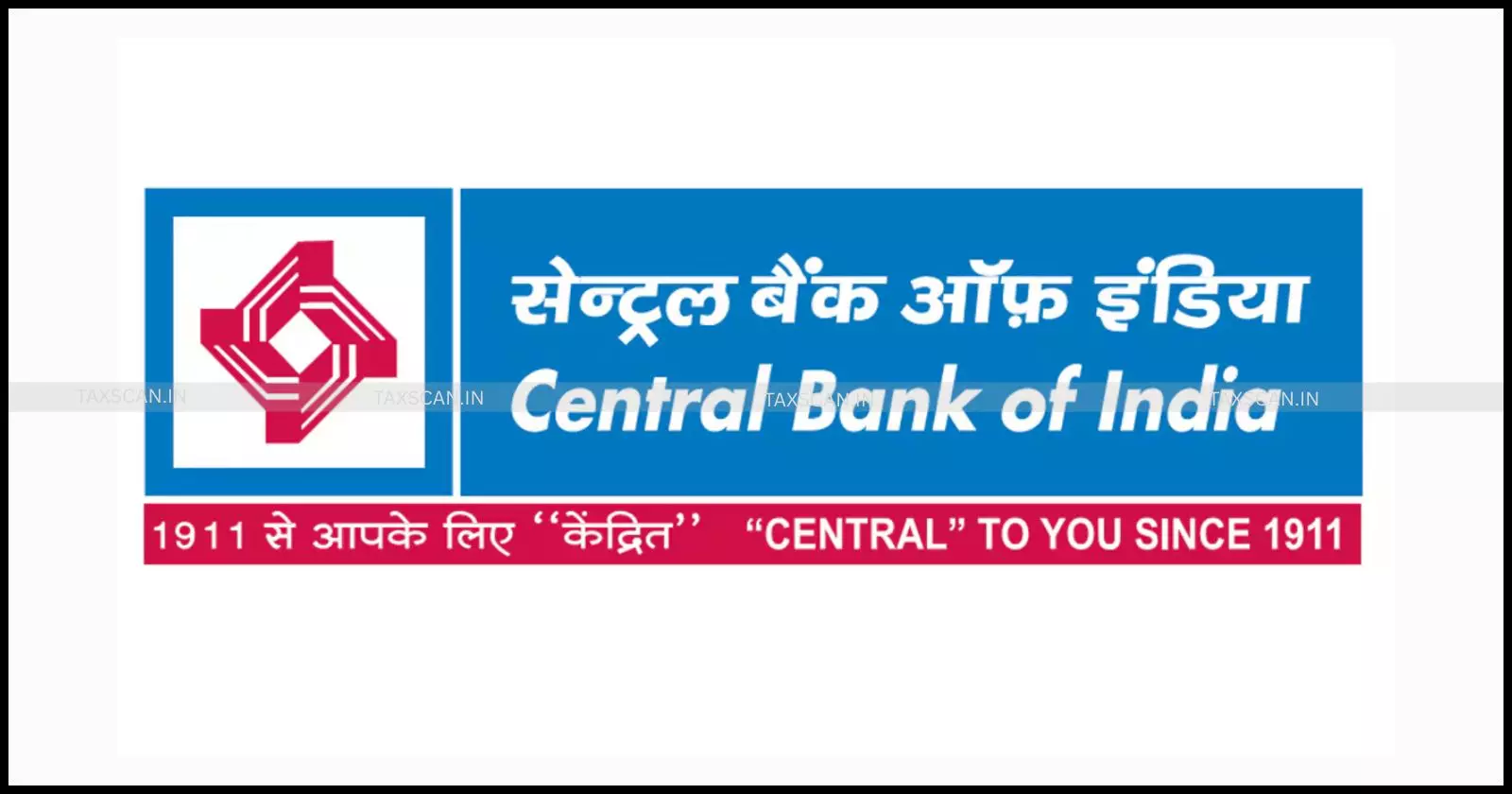Supreme Court Dismisses Revenue's Appeal Against Central Bank as 'Infructuous' as Disputed Money Remitted to GST Dept.
The court was informed that the funds in question had already been remitted to the GST Department, effectively resolving the dispute.

The Supreme Court dismissed the revenue's appeal against Central Bank observing that it had become infructuous because the disputed monies had already been remitted to the Goods and Service Tax (GST) Department.
The two judge bench of Justices J.B. Pardiwala and K.V. Viswanathan observed that the court did not proceed to adjudicate the case further, but noted that any legal questions remaining are kept open. The appeal, filed by the Principal Commissioner of Central Tax, was against the order of the Assets Recovery Branch of the Central Bank of India. However, during the hearing, the court was informed that the funds in question had already been remitted to the GST Department, effectively resolving the dispute.
In its order, the Supreme Court clarified that since the primary issue had been settled with the remittance of the funds, there was no need to proceed with the case.
Comprehensive Guide of Law and Procedure for Filing of Income Tax Appeals, Click Here
The Andhra Pradesh High court, comprising Justice Joymalya Bagchi and Justice A.V. Sesha Sai, dismissed the writ petition, stating that its issues are covered by a previous order dated December 8, 2020, in W.P. No. 23312 of 2020. Following the earlier judgment, the petition was allowed, and the challenged actions were set aside.
In the said judgment, on December 8, 2020, the Andhra Pradesh court, comprising Justices A.V. Sesha Sai and K. Suresh Reddy, delivered judgment in W.P. No. 23312 of 2020. The petitioner, Pridhvi Asset Reconstruction and Securitisation Company Limited, challenged the validity of an attachment notice and a sale notice issued by the Chittoor Deputy Commercial Tax Officer.
The case involved the mortgage of property by the third respondent in favor of Andhra Bank, which later assigned the debt to the petitioner. The court examined whether the proceedings were lawful under relevant laws, including the Securitization & Reconstruction of Financial Assets & Enforcement of Security Interest Act, 2002, and the Bankruptcy Act. It concluded that the petitioner, being a secured creditor with a registered mortgage, had priority over other claims, including government dues.
In that case , the court held that the impugned auction and attachment notices were unlawful and set them aside, ruling in favor of the petitioner. All pending miscellaneous petitions were closed, and no costs were awarded.
Support our journalism by subscribing to Taxscanpremium. Follow us on Telegram for quick updates


